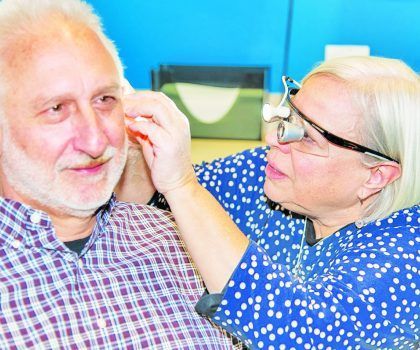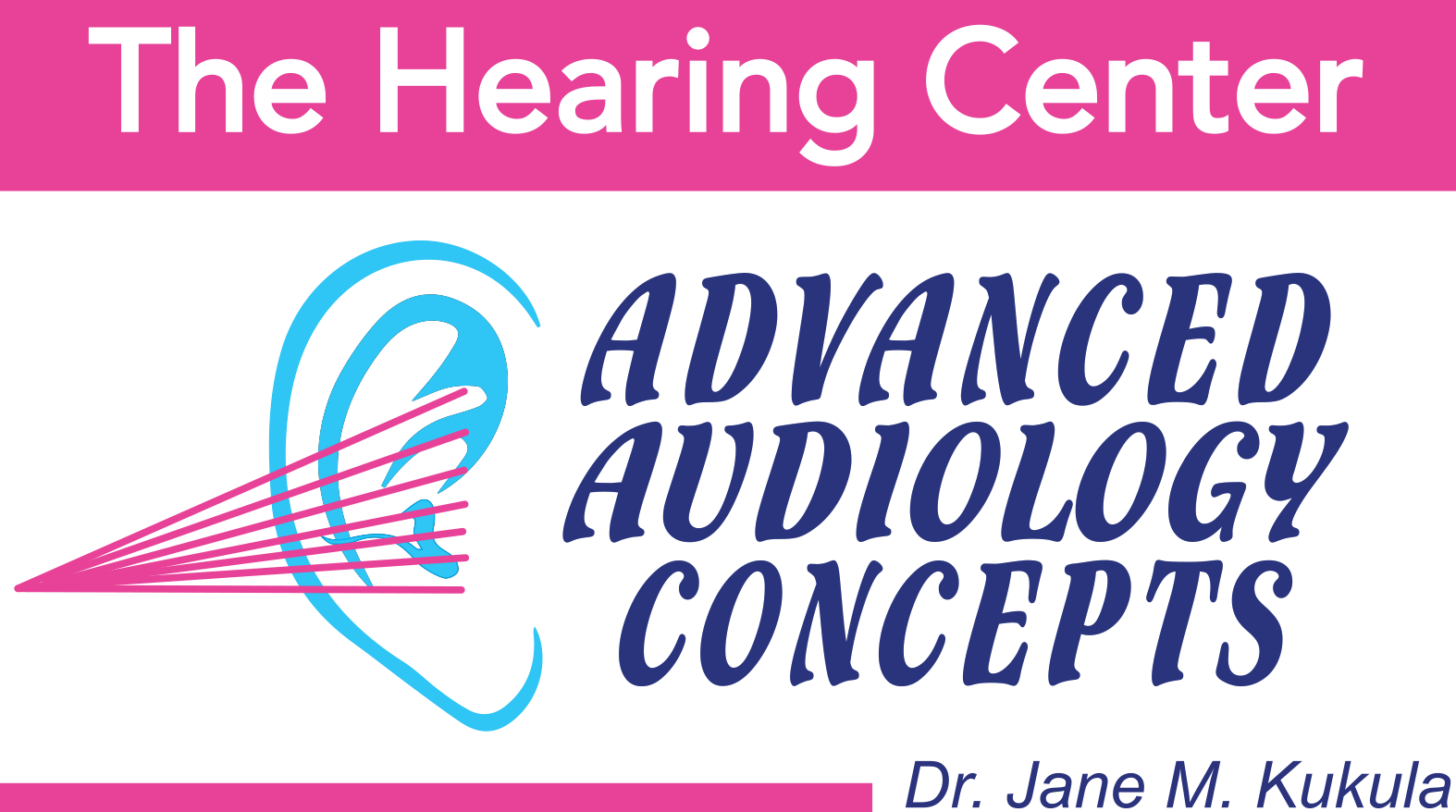Why You Should Read a Companies Online Reviews
In today’s digital age, reviews have become an integral part of our decision-making process, influencing everything from where we dine to what products we buy. Whether you’re considering a new restaurant, a book to read, a vacation destination, or even a service provider, online reviews can provide valuable insights into the experiences of others.
Compelling Reasons to Value Reviews
- Trustworthy Feedback: Reviews offer genuine feedback from real people who have experienced a product or service firsthand. Knowing that these opinions are from individuals with no vested interest in promoting or demoting a product can provide you with a sense of trustworthiness that you might not get from promotional materials or advertisements.
- Quality Assurance: Reading reviews can help you assess the quality of a product or service. If a particular restaurant consistently receives glowing reviews for its food and service, it’s likely a safe bet for your next dinner outing. On the flip side, if a product has numerous negative reviews highlighting issues, you can avoid making a disappointing purchase.
- Real-Life Experiences: Reviews often contain detailed accounts of real-life experiences. These stories can help you during the decision-making process. For instance, reading about someone’s stay at a hotel can provide valuable information about the rooms, amenities, and overall ambiance that you won’t find on the hotel’s official website.
- Save Time and Money: By valuing reviews, you can save both time and money. Instead of trying out multiple options and risking disappointment, you can make informed choices based on the experiences of others. This can prevent unnecessary expenses and ensure your time is spent on activities or products that meet your needs.
- Improved Decision-Making: Reviews provide a wealth of information to aid your decision-making process. They can help you weigh the pros and cons of different options and prioritize what matters most to you. This, in turn, empowers you to make choices that align with your preferences and values.
How to Weigh a Bad Review
When evaluating a bad review as a consumer, it’s important to approach it thoughtfully. First, consider the reviewer’s credibility. Assess their history and whether their feedback seems balanced and fair. Examine the issues raised—is it a one-off incident or a recurring one? Assess the overall tone of the review; overly emotional or extreme negativity can be a red flag. Compare it to a broader range of reviews; if it’s an anomaly among numerous positive ones, it may not be representative. Finally, look for patterns or common themes in bad reviews to identify genuine concerns. Use bad reviews as a tool for informed decision-making rather than snap judgments.
In conclusion, assessing a business by reading its reviews is not just a practical choice; it’s a smart one. Reviews provide valuable insights, build trust, save time and money, and foster a sense of community. In a world where choices abound, reviews serve as beacons of guidance, helping us navigate the vast sea of options. So, the next time you’re faced with a decision, take a moment to read and consider the reviews – they might just be the key to making the best choice for your needs.



